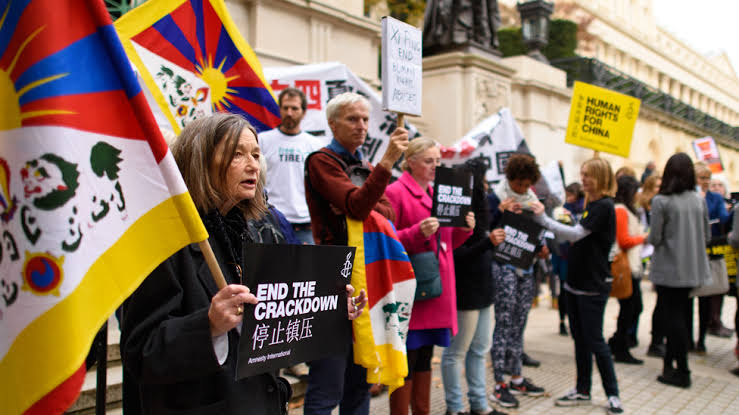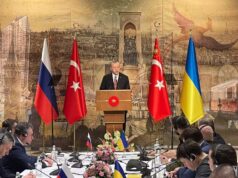Severe human rights abuses in China

The ongoing human rights abuse in China as per a report is carried out under the pretext of National security. Security is continued to be used as the basis to prevent the exercise of rights including freedoms of expression, association, and assembly.
Both online and offline discussions of many topics were subject to strict censorship. Human rights defenders were among those subjected to arbitrary detention and unfair trials.
In its report titled ”The State of the World’s Human Rights, April 2024′ released on Tuesday, international human rights advocacy organisation Amnesty International highlighted the human rights abuses in China.
This report documents human rights concerns in 2023 in 155 countries, connecting issues at global and regional levels and looking forward to the implications for the future. It also gave a deep analysis of how human rights defenders campaigning for the rights of these communities are targeted as part of a wider repression of dissent.
According to the same report, UN experts raised new concerns that government policies and programs were contributing to the destruction of the language and culture of ethnic groups, including Tibetans.
Chinese legal experts raised concerns that the lack of definition or scope of certain proposed revisions would give the authorities excessive powers to restrict freedoms. The government continued to systematically target human rights defenders amid efforts to crush dissent and stifle civic space.
Multiple cases of prosecutions, including of lawyers, scholars, journalists, activists and NGO workers, on vaguely defined national security charges, took place during the year. Prominent activists were sentenced to long prison sentences, including legal scholar Xu Zhiyong and human rights lawyer Ding Jiaxi who were sentenced to 14 and 12 years imprisonment respectively in April after being found guilty in 2022 of “subversion of state power” the report also mentioned.
Women’s rights activists were subjected to harassment, intimidation, arbitrary detention, and unfair trials. Civic space in Hong Kong became ever more curtailed as the authorities maintained wide-ranging bans on peaceful protests and imprisoned pro-democracy activists, journalists, human rights defenders, and others on national security-related charges. They also sought the arrest of opposition activists who had fled overseas. The Hong Kong courts ruled in favor of some LGBTI people’s rights in several landmark cases.
In the context of women’s rights atrocities, the report quoted the example in February, authorities permitted women’s and health rights defender He Fangmei to meet her lawyers for the first time after nearly two and a half years in detention. She was awaiting the verdict of her May 2022 trial on charges of “bigamy” and “picking quarrels and provoking trouble” in connection with her campaigning for safe vaccines and for justice for children, including her daughter, whose health she believed had been damaged by unsafe vaccines. Following He Fangmei’s detention, authorities reportedly placed her two young daughters in a psychiatric hospital and her son in foster care and denied other family members access to them.



